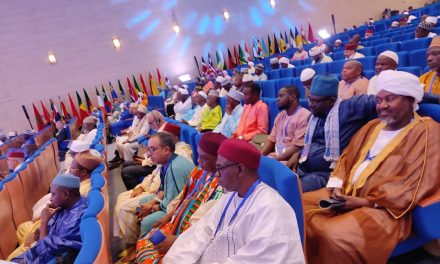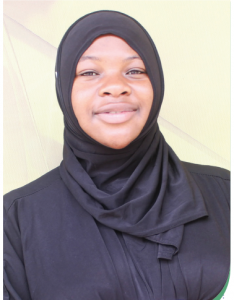
Islam A Complete Way of Life
Islam is not a religion in the common and distorted sense, for it does not confine its scope to one’s private life. It is a complete way of life and is present in every field of human existence. Islam provides guidance for all aspects of life – individual and social, material and moral, economic and political, legal and cultural, and national and international. The Qur’an enjoins man to embrace Islam without any reservation and to follow Allah’s guidance in all areas of life. In fact, it was an unfortunate day when the scope of religion was confined to the private life of man and its social and cultural role was reduced to naught, as has happened in this century. No other factor, perhaps, has been more important in causing the decline of religion in the modern age than its retreat into the realm of private life. In the words of a modern philosopher:
“Religion asks us to separate things of Allah from those of Caesar. Such a judicial separation between the two means the degrading of both the secular and the sacred. That religion is worth little if the conscience of its followers is not disturbed when war clouds are hanging over us all and industrial conflicts are threatening social peace. Religion has weakened man’s social conscience and moral sensitivity by separating the things of Allah from those of Caesar.”
Islam totally denounces this concept of religion and clearly states that its objectives are the purification of the soul and the reform and reconstruction of society. As we read in the Qur’an:
We have sent our messengers with explanations, and sent the book and the balance down with them, so that mankind may conduct themselves with all fairness. We have sent down iron wherein is great violence as well as benefits for mankind, so that Allah may know who is supporting Him and His messenger even though (He is) unseen. (57:25)
Discretion belongs only to Allah. He has ordered you to serve Him alone; such is the right religion, even though most men do not realize it. (1 2: 40)
(Muslims are) those who, if we establish them in the land will keep up prayer (salah) and pay the welfare due (zakah); command what is proper and forbid what is improper. (22:40-41) said:
“Each of you is a keeper or a shepherd and will be questioned about the well-being of his fold. The head of the state will be questioned about the well-being of the people of the state. Each man is a shepherd to his family and will be answerable about every member of it. Each woman is a shepherd to the family of her husband and will be accountable for every member of it. And each servant is a shepherd to his master and will be questioned about the property of his master.” (Bukhari and Muslim)
Thus even a cursory study of the teachings of Islam shows that it is an all-embracing way of life and does not leave out any field of human existence to become a playground for the forces of evil. Balance between the Individual and Society. Another unique feature of Islam is that it establishes a balance between individualism and collectivism. It believes in the individual personality of man and holds everyone personally accountable to Allah. It guarantees the fundamental rights of the individual and does not permit anyone to tamper with them. It makes the proper development of the personality of man one of the prime objectives of its educational policy. It does not subscribe to the view that man must lose his individuality in society or in the state.





























